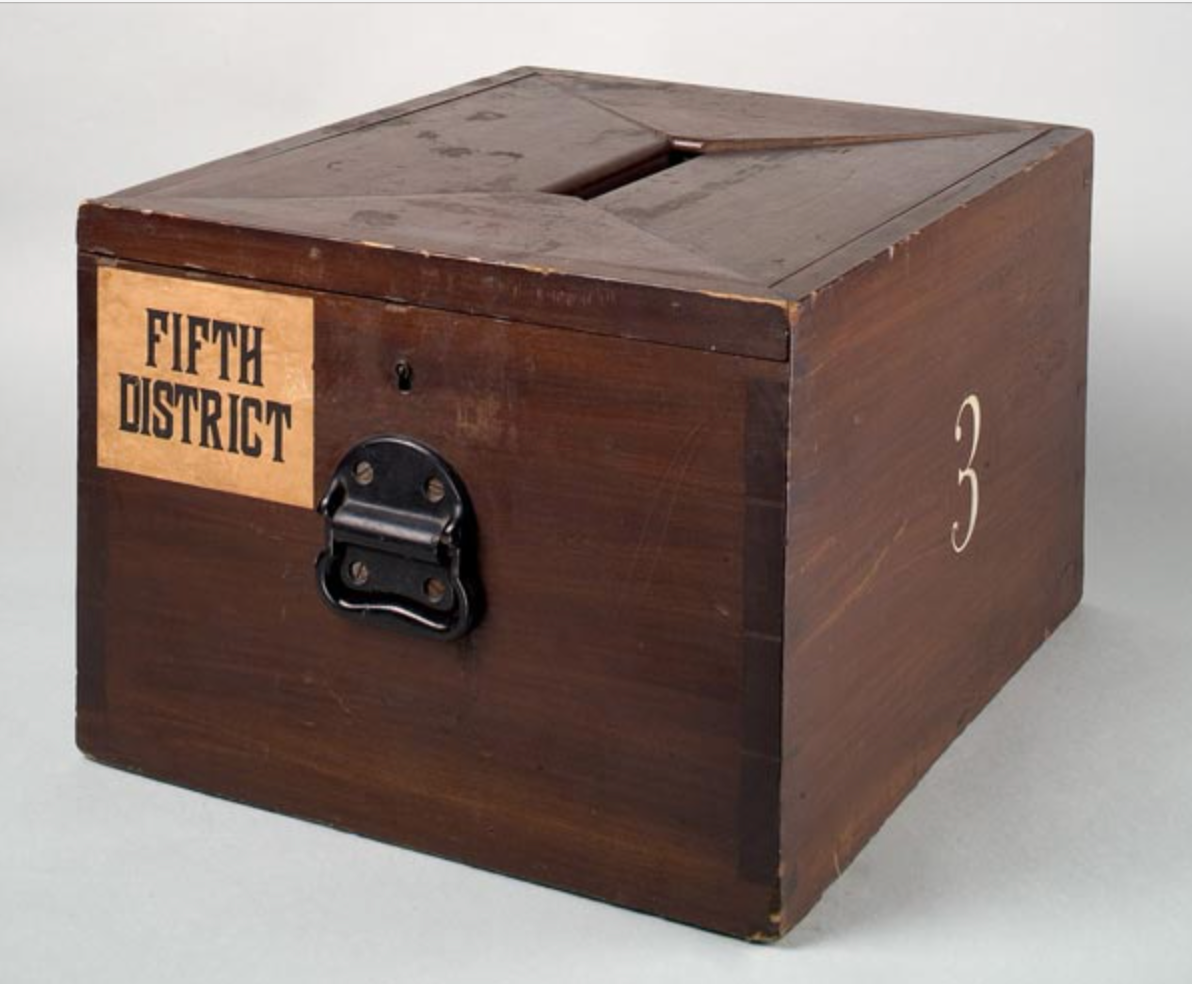Last year’s temporary changes to absentee voting in New Hampshire would become permanent under Senate Bill 47, introduced by Senate Minority Leader Donna Soucy (D-Manchester). The Senate Election Law and Municipal Affairs Committee heard overwhelming support for the bill during testimony on Monday, but the deputy Secretary of State, David Scanlan, warned that allowing “no-excuse” voting could undermine confidence in the election process.
The Secretary of State allowed a relaxation in the rules for requesting an absentee ballot last year when the coronavirus threatened to keep people away from the voting locations. Under the New Hampshire Constitution, absentee ballots can go only to those who affirm that they are unable to make it to the polls because of religious observances, disability or illness, or employment requirements, including military service.
In arguing for the bill, Soucy told the committee, “After the record-breaking voter turnout this past November, the message was clear: No-excuse absentee ballots are a secure and fair way to increase election accessibility. This bill recognizes New Hampshire’s unmatched capability to conduct successful elections, no matter the challenges.”
Scanlon, however, said no-excuse voting would create an opportunity for undermining the election process because campaigns can target potential absentee voters, helping them to obtain a ballot, mark it, and return it.
Only 16 states require voters to provide a reason to obtain an absentee ballot. Proponents of no-excuse voting say it works well and would be useful for future emergencies such as the pandemic.
Senator James Gray (R-Rochester), chair of the committee, asked for more information on the constitutional limitations on absentee voting before the committee decides whether to recommend the bill.
Getting Back To ‘Normal’
The pandemic is far from over, but people are finding ways to get back to some form of “normal.” The Minot-Sleeper Library in Bristol has just announced a limited reopening on February 8. Individuals and members of their household will be able to make 30-minute appointments to browse and check out items, and one-hour appointments to use the library’s public computers. In some cases, such as for educational purposes, it will be possible to book computer workstations for up to four hours.
Appointments will be available on Mondays, Tuesdays, Wednesdays, and Fridays, between 10 a.m. and 6 p.m.; Thursdays between 1 and 8 p.m., and Saturdays between 10 a.m. and 2 p.m.
Rapid Tests Are Not The Final Word
The Centers for Disease Control and Prevention found that rapid coronavirus tests which produce results in 15 minutes are most useful for those who have symptoms and are most likely to infect other people, but they are not as effective in detecting the virus in those without symptoms. A quick test that does not come back positive does not mean the virus is not present.
Delay Does Not Mean The End
News that the Biden Administration has delayed implementation of President Trump’s December rule aimed at making life-saving medications cheaper for patients does not translate to a victory for Big Pharma over patients. Trump’s action to counter price gouging by pharmaceutical companies was to have taken effect on January 22, but the Health and Human Services Administration has delayed the implementation date to March 22 in order to make sure the savings actually would reach the consumers it is intended to help.
The delay is part of the Biden Administration’s large-scale effort to make sure the previous administration’s policies do not raise “fact, law, or policy” concerns. Bloomberg Law notes that a regulatory pause is a common tradition among incoming presidents, and in many cases, there are no substantial disagreements and the policies can continue on their normal path. The pause gives incoming officials a chance to weed out the actions that go against the current president’s stance.
The rule would control the cost of insulin and injectable epinephrine provided to low-income patients through health centers and is seen as benefitting patients who struggle to pay for expensive insulin and allergy medication. However, the health centers said they already pass along savings and that the new rule places an administrative burden on them.
The News Café is a virtual meeting place where subscribers can share their thoughts and questions about the news of the day — or any topic. We may even select a subject for in-depth analysis. So fill your cup with your favorite drink, pull up a chair, and join us at The News Café. Free subscriptions put readers on an email list for public posts, while paid subscriptions provide access to all posts and an archive of stories. Either way, we want to hear from you as we build our community. www.libertymedianh.org







